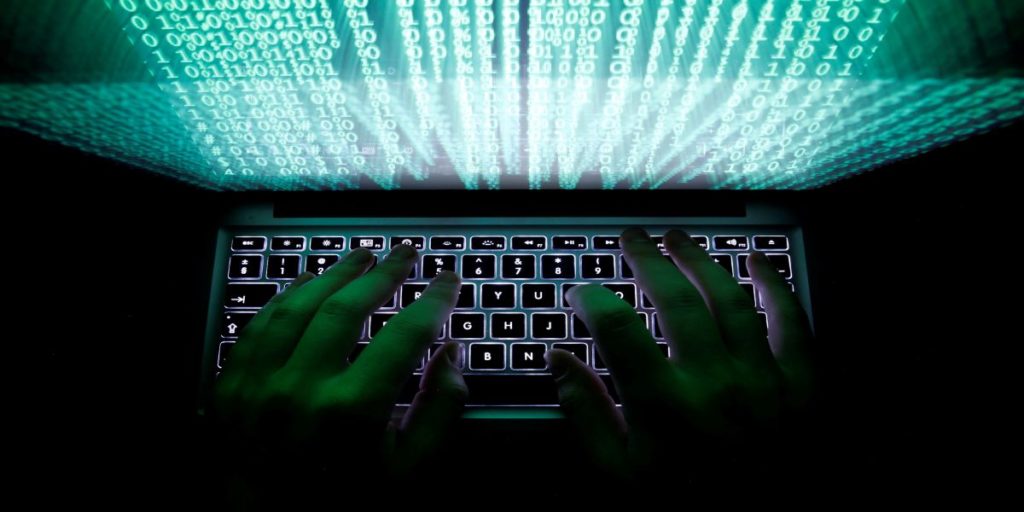Filipino consumers who access piracy sites at great risk of cyber threats

FILE PHOTO (REUTERS/Kacper Pempel)
A new study commissioned by the Motion Picture Association (MPA) showed that Filipino consumers who access piracy sites and services are at severe risk of cyber threats, such as identity theft and ransomware.
The study found Filipinos are up to 33 times more likely to encounter a cyber threat on the most popular piracy sites compared to legal film and TV websites.
These findings were presented in a study released this week during an anti-piracy symposium organized by the Intellectual Property Office of the Philippines (IPOPHL), the Alliance for Creativity and Entertainment (ACE), GMA Network, Inc. and Globe Telecom.
ACE, the world’s leading antipiracy coalition, is led by the MPA, with headquarters in Washington DC and offices in Los Angeles.
The study was authored by Paul Watters, honorary professor of Security Studies and Criminology, Macquarie University in Sydney.
“As the digital landscape grows increasingly complex, the risks to consumers accessing piracy sites – especially younger consumers – have never been more urgent,” Watters said.
You may like: FBI tips: How to protect your email accounts from cybercriminals
Consumers today navigate an online environment fraught with hidden malware and exploitation, often without realizing the true danger they face, he added.
“My research highlights the urgent need for effective action to protect consumers, as every click on a piracy site brings not only legal and ethical implications, but significant threats to users’ safety and security,” Watters said.
“We owe it to the next generation to build a safe and secure internet, which protects young people from cybercriminals.”
To mitigate the risk of consumer harm posed by piracy sites, the study recommends the enactment of proportionate and transparent site blocking laws that will target piracy sites and services.
It also calls for increased funding for Filipino law enforcement to enhance digital forensics and incident response capabilities and the development of a national awareness and education campaign.
“IPOPHL’s voluntary site-blocking initiative has emerged as a key tool in the fight against digital piracy,” said IPOPHL Director General Rowel Barba.
“While it has only been implemented this year, we’ve already disabled access to nearly 20 sites with the help of the National Telecommunications Commission and internet service providers,” Barba said.
“Nevertheless, a law will institutionalize our site-blocking regime to create more outcomes, unlock the full potential of our creative economy and protect our consumers from the alarming cyber threats of piracy sites. IPOPHL is still hopeful to see a site-blocking law passed soon.”
The MPA’s experience in almost 60 countries around the world shows that site blocking is one of the most effective tools in their toolbox to combat piracy, said Karyn Temple, senior executive vice president and global general counsel for the MPA.
“This is particularly true in jurisdictions like the Philippines, where the most visited sites are run by operators based elsewhere in the world,” Temple said.
“The enactment of site blocking legislation is the next key step towards protecting Filipino consumers, content creators, and the creative industry in the Philippines and around the world.”
The study also showed that raising consumer awareness and education – particularly with teens and pre-teens – is crucial to mitigating the cyber risks associated with piracy sites in the Philippines.
“The study confirms what we have long feared about online piracy in the Philippines,” said Joseph Francia, first vice president and head of International Operations for GMA Network, Inc., an ACE member company.
“In addition to the negative economic impact to the Filipino entertainment industry, digital piracy has far more serious consequences to the Filipino consumers who are unwittingly exposed to a host of cyberthreats by visiting pirate sites,” Francia said.
“GMA is committed to continue raising consumer awareness and education on the cyber risks associated with digital piracy.”
“At Globe, we believe in a digital world that is safe and empowering for everyone,” said Yoly Cristiano, chief sustainability and corporate communications officer for Globe, an ACE member.
“This study underscores the critical need for collaborative action to protect consumers, especially young people, from the hidden dangers of online piracy,” Cristiano said.
“We are committed to working with the government and partners like the MPA, ACE and GMA Network to promote responsible digital citizenship and ensure a secure online experience for all Filipinos.”
The full report is available here.

